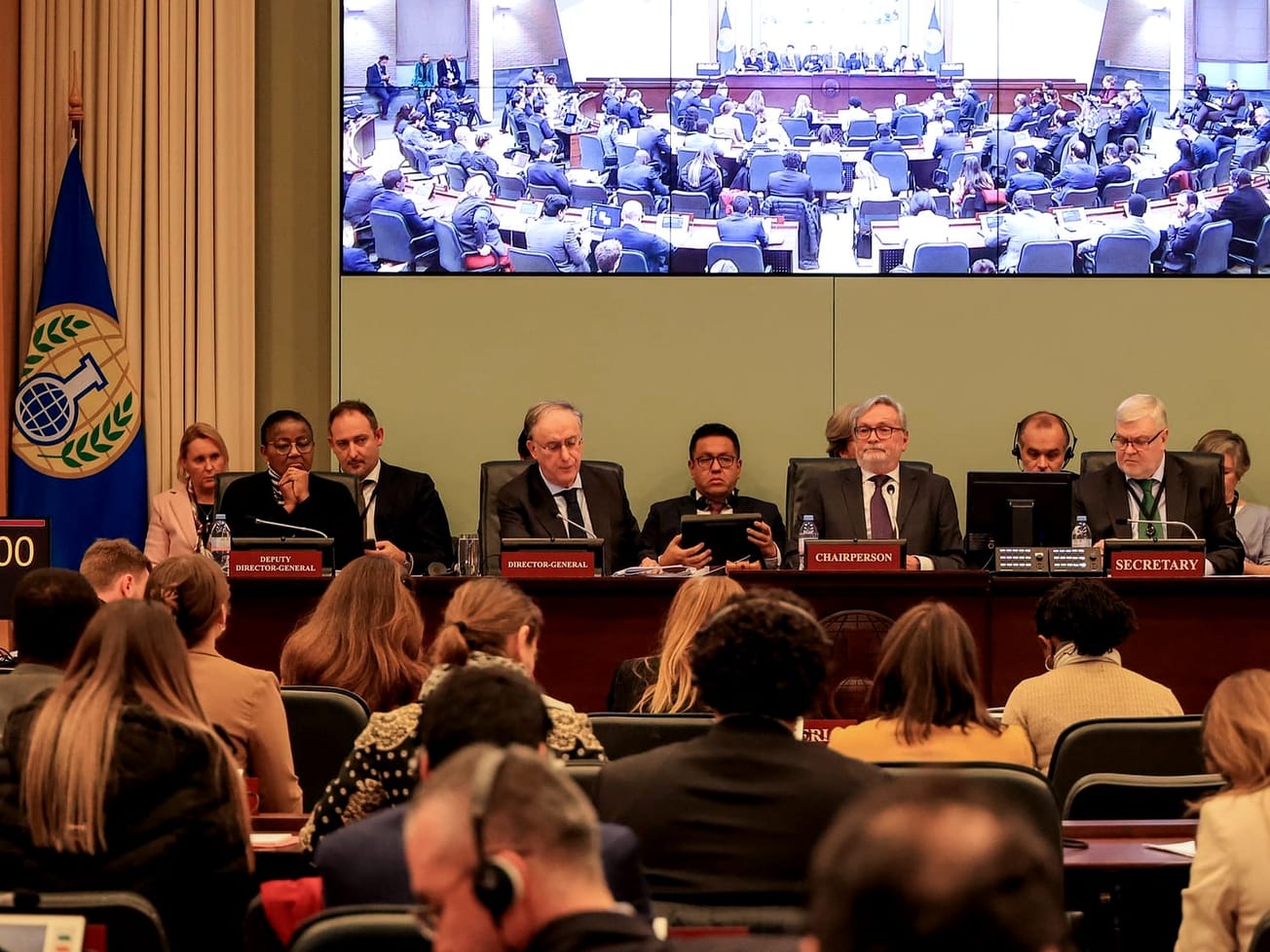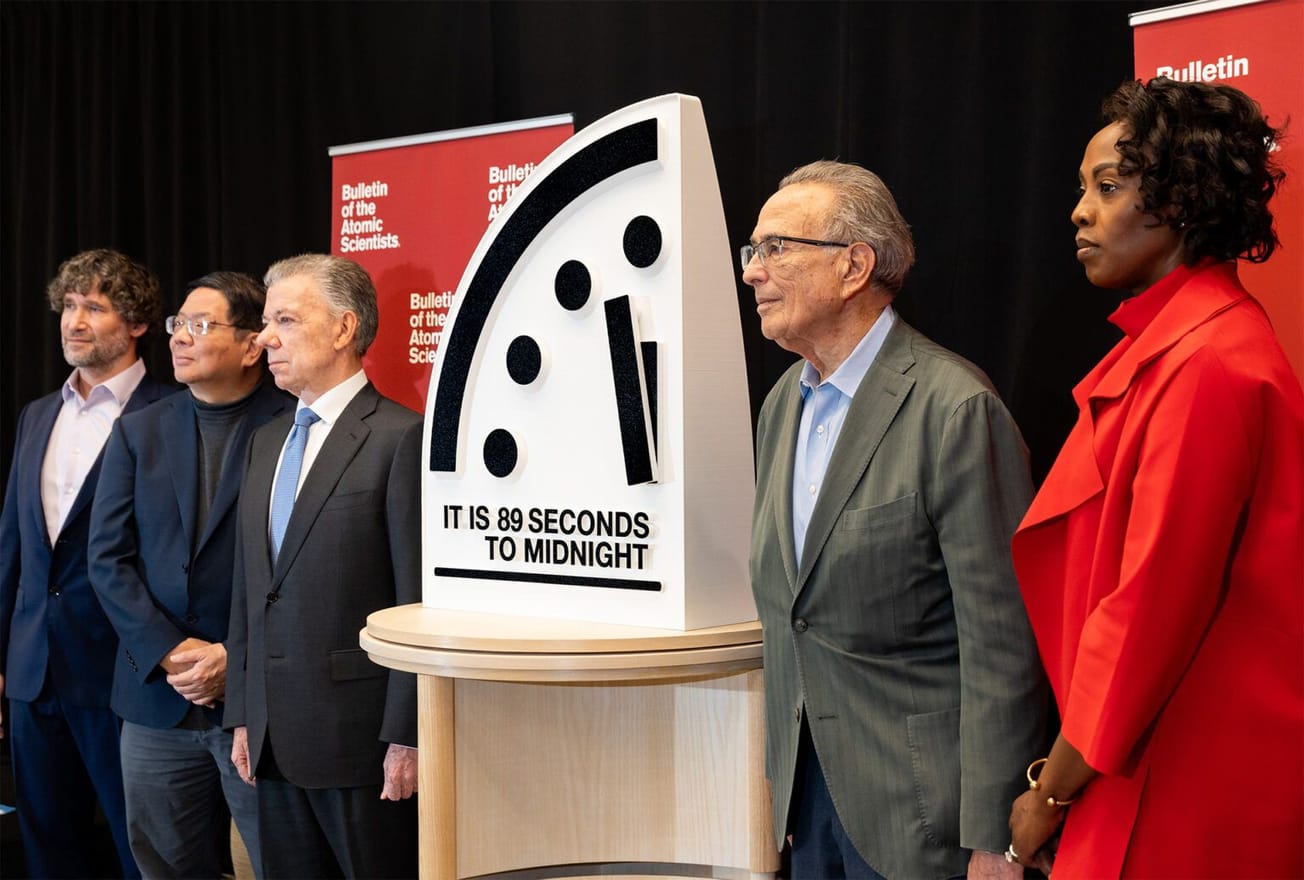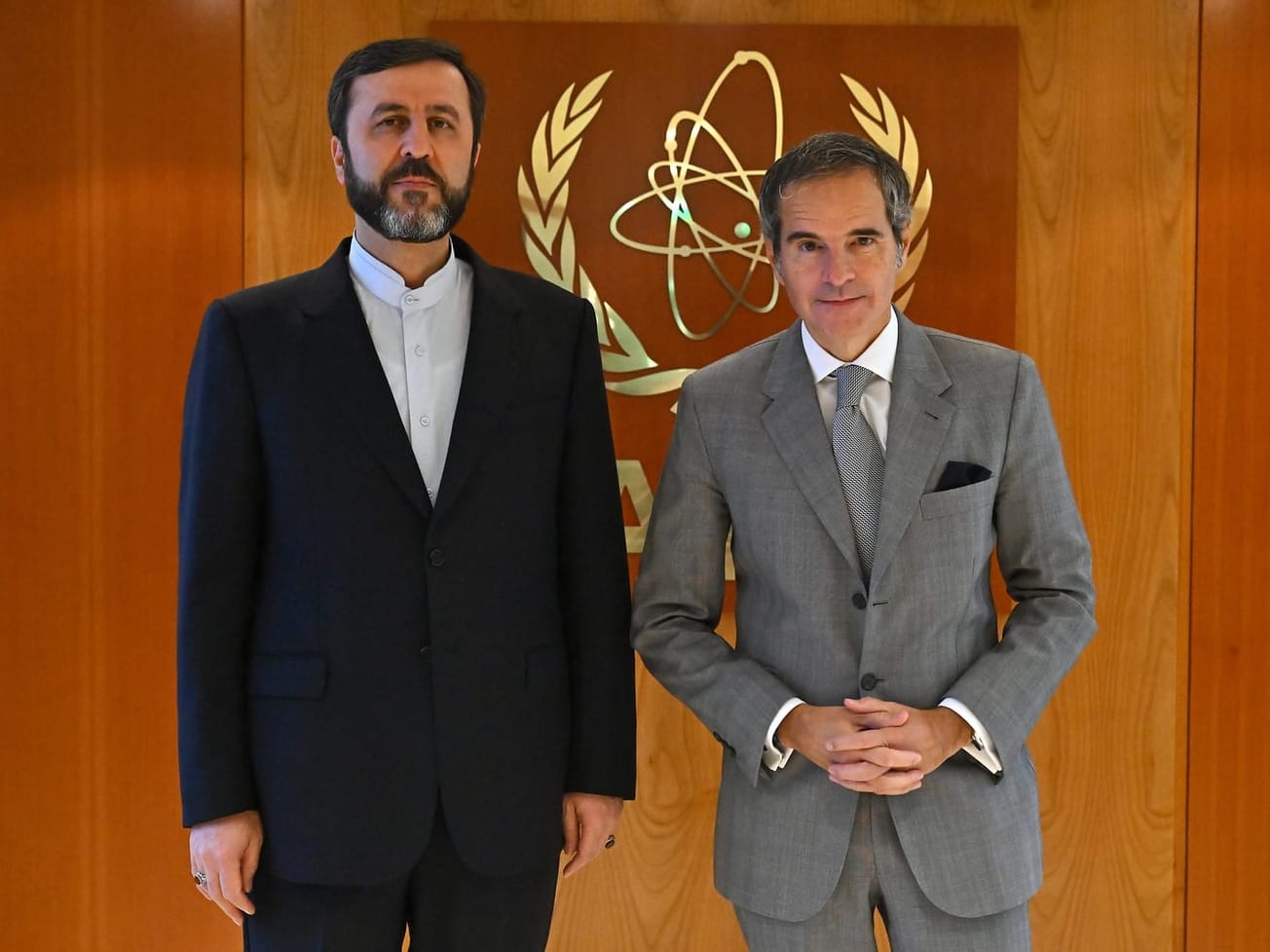The Organization for the Prohibition of Chemical Weapons held a special session to push for access to Syria out of concern for its undeclared chemical weapons and ability to make military-grade biological weapons.
The Hague-based OPCW hopes to capitalize on Bashar Assad's ouster by removing the stockpile of toxic chemicals and enabling its investigators to identify those responsible for attacks that killed and injured thousands.









